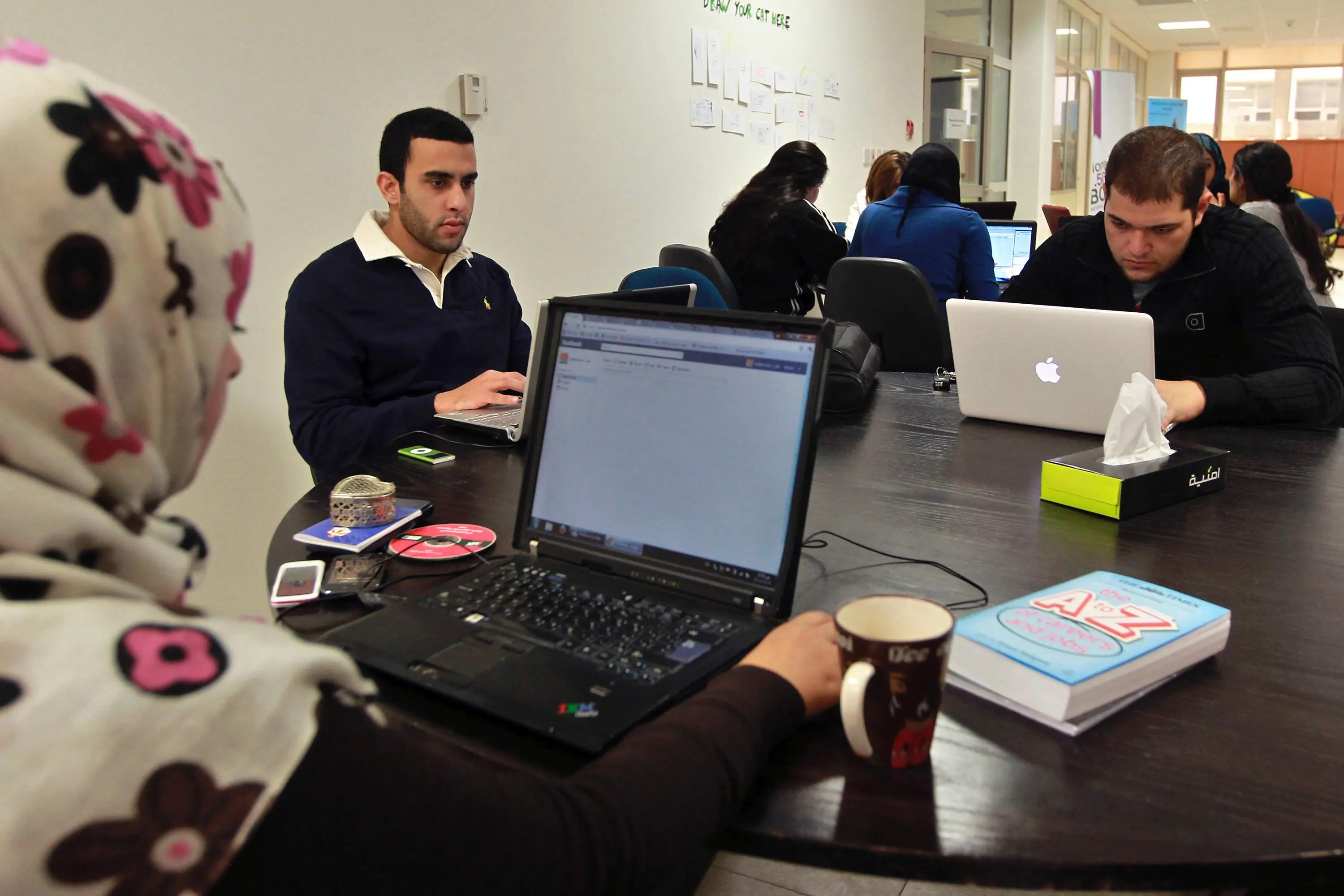PHOTO
AMMAN — A government programme dedicated to supporting small, medium and micro- enterprises (SMMEs) conducted a total of 666 feasibility studies on projects with a total investment value of around JD16 million between January and May of this year.
Out of the total, 422 studies (63 per cent) saw their respective projects established on the ground, providing jobs for 763 people at an investment value of JD7 million, according to Sami Olaimi, head of the central support unit at IRADA, a Ministry of Planning and International Cooperation programme targeting SMMEs.
In an interview with the Jordan News Agency, Petra, Olaimi indicated that a total of 338 projects received funding from third parties while 75 projects were self-funded, in addition to nine projects that received grants, referring to the decline in the value of grants extended to IRADA-sponsored projects.
Around 51 per cent of the established projects were in the commercial sector, followed by the services sector with 24 per cent, the agricultural and industrial sector standing at 12 per cent and the tourism sector with 1 per cent, according to Olaimi.
He said that the IRADA programme aims to sustain businesses and employment, motivate citizens to move towards self-reliance, and introduce them to investment in order to change preconceptions about business-doing, according to Petra.
© Copyright The Jordan Times. All rights reserved. Provided by SyndiGate Media Inc. (Syndigate.info).





















